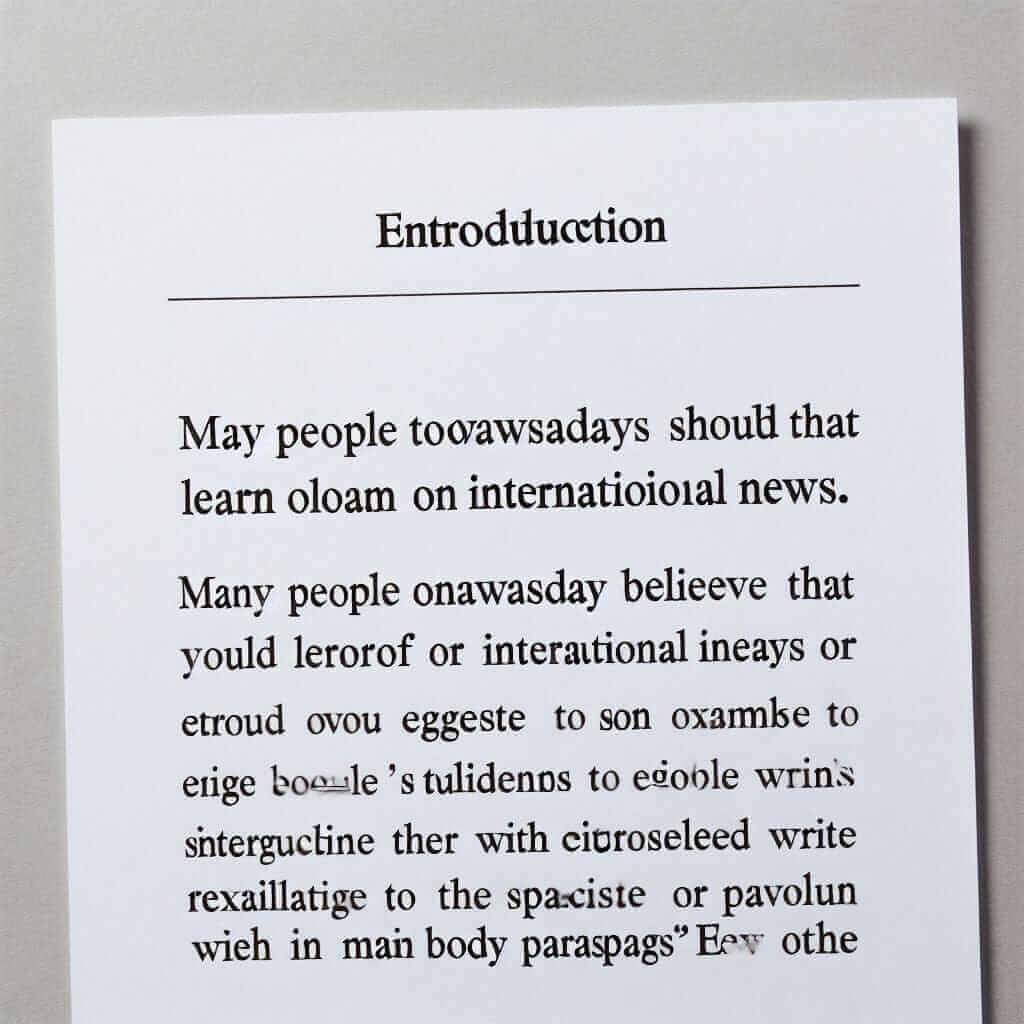Achieving an 8.5 in IELTS Writing is a goal many test-takers aspire to reach. It signifies a mastery of English writing that allows you to communicate ideas effectively and accurately. This comprehensive guide, crafted from my 20 years of experience teaching IELTS, will delve into the intricacies of attaining this impressive score.
Understanding the Significance of an 8.5 in IELTS Writing
An 8.5 in IELTS Writing reflects your ability to:
- Produce well-structured and coherent essays: Your writing should flow seamlessly, with logical progression and clear connections between ideas.
- Utilize a wide range of vocabulary accurately: Demonstrating a sophisticated and nuanced vocabulary showcases your language proficiency.
- Employ diverse grammatical structures with precision: Accurate grammar is crucial for clear and effective communication.
- Present a well-developed and supported argument: Your ideas should be clearly stated and backed up with relevant examples and evidence.
- Control a variety of stylistic features: This involves adapting your writing style to suit different prompts and purposes.
Key Strategies to Achieve an 8.5
1. Master the Four Assessment Criteria
The IELTS Writing tasks are assessed on four key criteria:
- Task Response: Address all parts of the task, present a clear position, and support your ideas with relevant examples.
- Coherence and Cohesion: Ensure your writing is well-organized, with clear paragraphs and smooth transitions.
- Lexical Resource: Utilize a wide range of vocabulary accurately and appropriately.
- Grammatical Range and Accuracy: Demonstrate control over a variety of grammatical structures with minimal errors.
2. Develop Effective Writing Habits
- Practice regularly: Consistent writing practice is crucial for improvement. Aim to write at least two essays per week.
- Seek feedback: Have your writing evaluated by experienced IELTS instructors or native English speakers.
- Analyze model essays: Carefully study high-scoring essays to understand the key elements of successful writing.
- Expand your vocabulary: Regularly learn and use new words and phrases.
- Refine your grammar: Identify and work on areas of weakness in your grammar.
3. Task-Specific Strategies
For Task 1 (Academic):
- Analyze the data carefully: Identify key trends, patterns, and significant features.
- Paraphrase effectively: Use synonyms and different sentence structures to avoid repetition.
- Use appropriate vocabulary: Employ subject-specific vocabulary related to graphs, charts, and diagrams.
- Write a clear overview: Summarize the main trends and features in the data.
For Task 2:
- Plan your essay: Brainstorm ideas, develop a clear thesis statement, and create a logical structure.
- State your position clearly: Take a clear stance on the issue presented in the prompt.
- Develop your arguments effectively: Provide strong arguments supported by relevant examples and evidence.
- Use a variety of sentence structures: Employ complex and compound sentences to showcase your grammatical range.

Example from a Real IELTS Writing Task 2
Prompt: Some people believe that the best way to learn a foreign language is to live in a country where the language is spoken. Others believe that it is possible to learn a foreign language effectively in one’s own country. Discuss both views and give your own opinion.
Sample Introduction: The acquisition of foreign languages has become increasingly essential in our globalized world. While some argue that immersion in a native-speaking environment is paramount, others contend that effective language learning can transpire within one’s own borders. This essay will explore both perspectives before presenting my own viewpoint.
Tips for Success
- Manage your time effectively: Allocate sufficient time for planning, writing, and proofreading.
- Proofread carefully: Check for spelling, grammar, and vocabulary errors.
- Stay calm and focused: Approach the writing tasks with a clear mind and a positive attitude.
Conclusion
Achieving an 8.5 in IELTS Writing requires dedicated effort and a strategic approach. By mastering the assessment criteria, developing effective writing habits, and employing task-specific strategies, you can significantly enhance your writing skills and attain your desired score. Remember to practice regularly, seek feedback, and stay focused on your goals. Good luck!